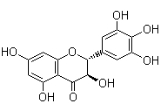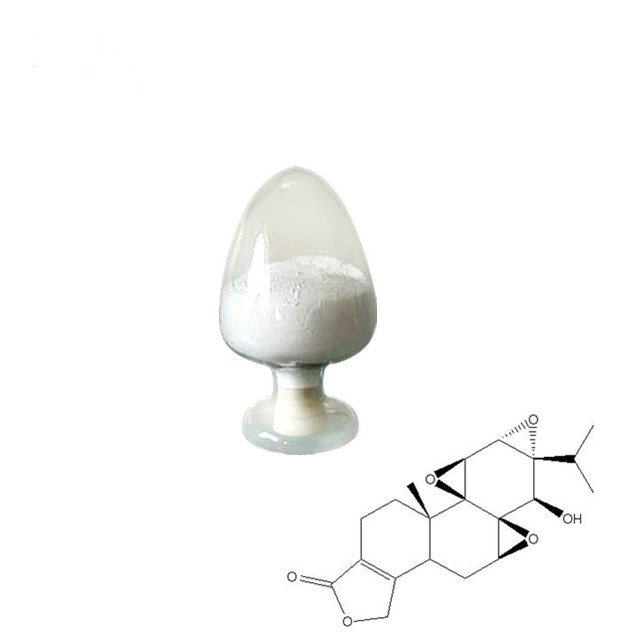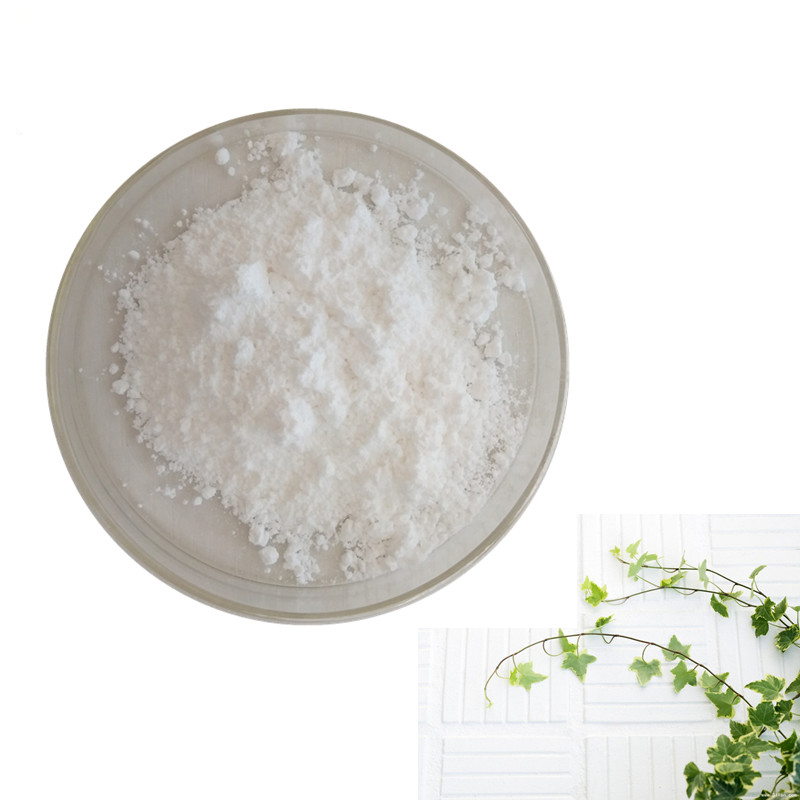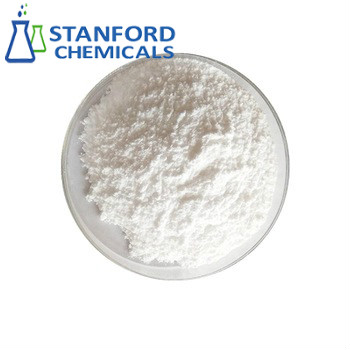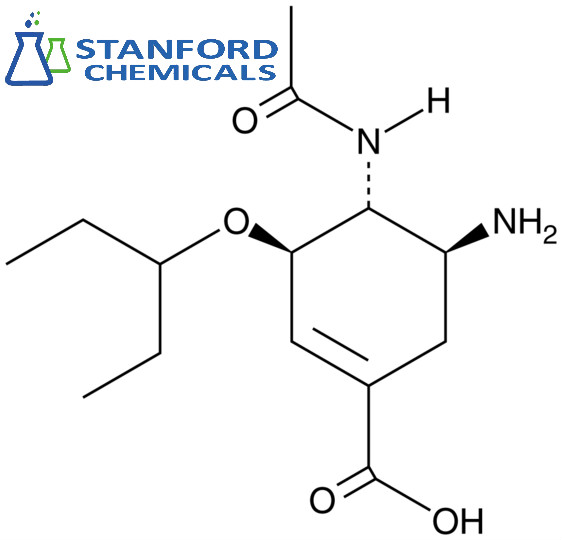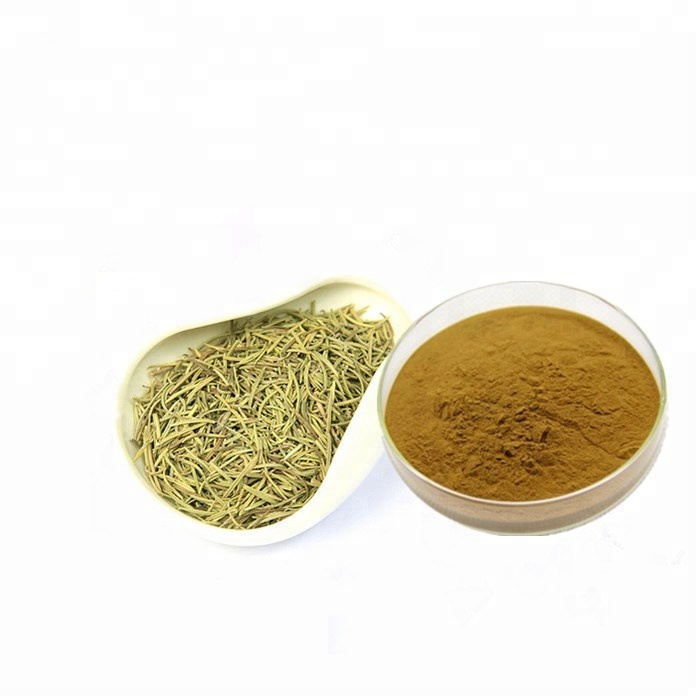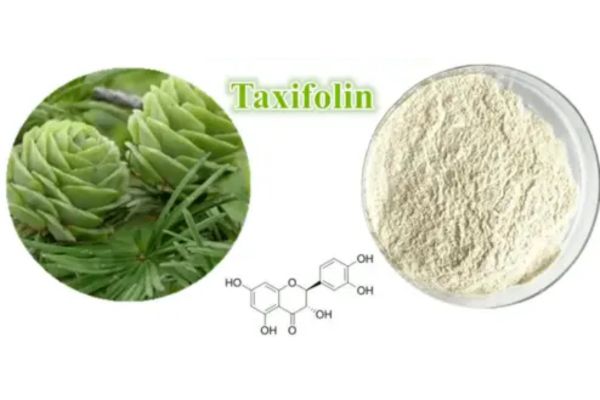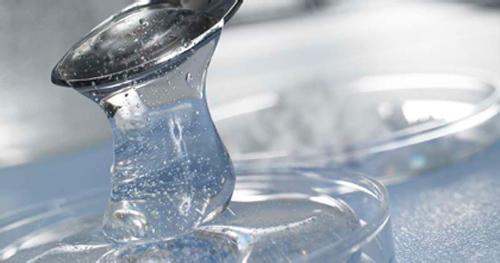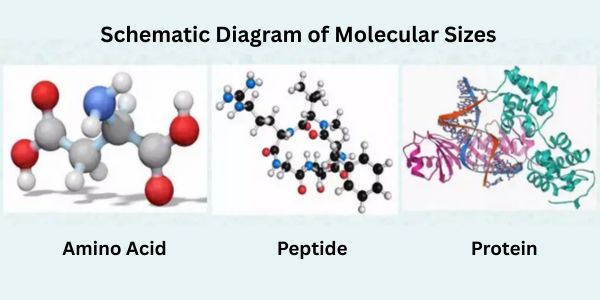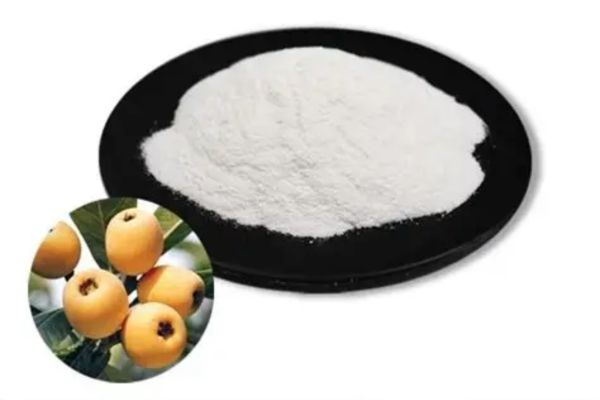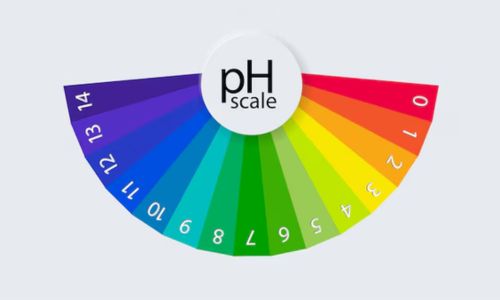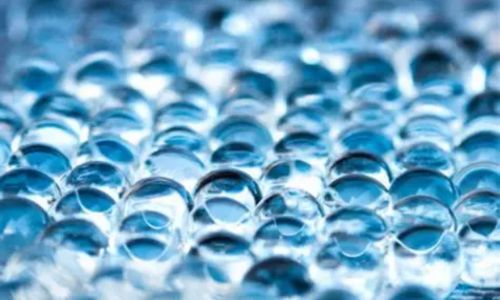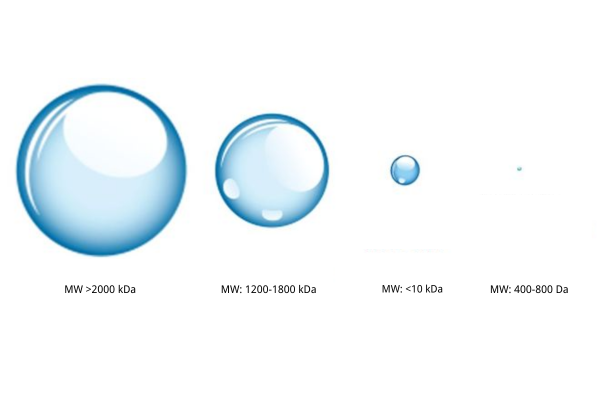Introduction
The world of skincare is a treasure trove of ingredients that promise healthier, more radiant skin. Among the standout stars in this realm are glycolic acid, lactic acid, and hyaluronic acid. These compounds are not just buzzwords; they are potent components in skincare products, each with unique attributes and benefits. Let's embark on a journey through the world of skincare acids, understanding their distinct roles, and how they can transform your daily beauty routine.

Skincare: Exfoliation
Glycolic Acid: The Exfoliation Powerhouse
At the forefront of our exploration is glycolic acid, a member of the alpha hydroxy acid (AHA) family. This acid's claim to fame lies in its exceptional exfoliating properties. Sourced from sugar cane or produced synthetically, glycolic acid breaks down the bonds holding dead skin cells at the skin's surface. This process accelerates the shedding of these cells, unveiling a smoother, brighter complexion. The visible benefits are manifold, from improved skin texture and tone to the reduction of fine lines, wrinkles, and age spots. This AHA also aids in addressing acne-prone skin by unclogging pores and reducing the risk of breakouts. Yet, while glycolic acid is a formidable ally in skincare, it demands respect. Its potent exfoliating nature can be harsh on sensitive skin, potentially causing irritation, redness, or peeling when used inappropriately. Following product instructions is vital, especially for beginners.
Lactic Acid: The Gentle Exfoliator and Hydrator
Another member of the AHA family, Lactic acid, deserves its share of the spotlight. Like glycolic acid, it offers gentle exfoliation, but it is known for its milder nature, making it a preferred choice for individuals with sensitive skin. Often sourced from sour milk or synthetically produced, lactic acid works by gently removing dead skin cells, leaving the skin with an improved texture and a healthy glow. One of its unique attributes is its ability to hydrate the skin, making it especially suitable for individuals grappling with dry skin. Lactic acid's hydrating properties contribute to its gentle nature, resulting in a smoother complexion with fewer signs of hyperpigmentation and an even skin tone. However, as with any skincare ingredient, excessive use can lead to irritation. To maximize the benefits and minimize the risks, it's crucial to follow product instructions and exercise caution.
Hyaluronic Acid: Nature's Hydration Marvel
In the realm of skincare, hyaluronic acid takes on a different role compared to glycolic and lactic acids. Rather than exfoliating, hyaluronic acid is a natural component found within the human body, particularly in the skin, connective tissues, and eyes. Its superpower lies in its ability to attract and hold a significant amount of water, making it a hydrating dynamo. When applied topically, hyaluronic acid keeps the skin well-hydrated, ensuring it remains plump and youthful in appearance. Its versatility shines as it is suitable for all skin types, including sensitive skin. The hydration it provides is not just for dry skin; it contributes to overall skin health and can reduce the appearance of fine lines and wrinkles, making it a popular choice in anti-aging and moisturizing skincare products. Hyaluronic acid is generally well-tolerated with a low risk of irritation, although in rare cases, it may lead to temporary redness or irritation.
Conclusion
Navigating skincare acids requires considering your skin type and goals. Glycolic acid revitalizes your complexion, unveiling smoother, more radiant skin. Lactic acid provides a gentler yet equally effective exfoliating solution. Hyaluronic acid quenches your skin's thirst, leaving it plump and youthful. Adhering to product instructions and introducing these ingredients gradually into your skincare routine helps unlock their transformative potential. With glycolic acid, lactic acid, and hyaluronic acid, you're equipped for a journey to healthier, more radiant skin.
Stanford Chemicals Company (SCC), a leading USA-based wholesale supplier, specializes in pure organic hyaluronic acid. With expertise in medical, cosmetic, and food-grade hyaluronic acid (HA), our sodium hyaluronate powder is non-animal, vegan, and kosher compliant. If you're interested, send us an inquiry to discover how we can meet your specific requirements.


